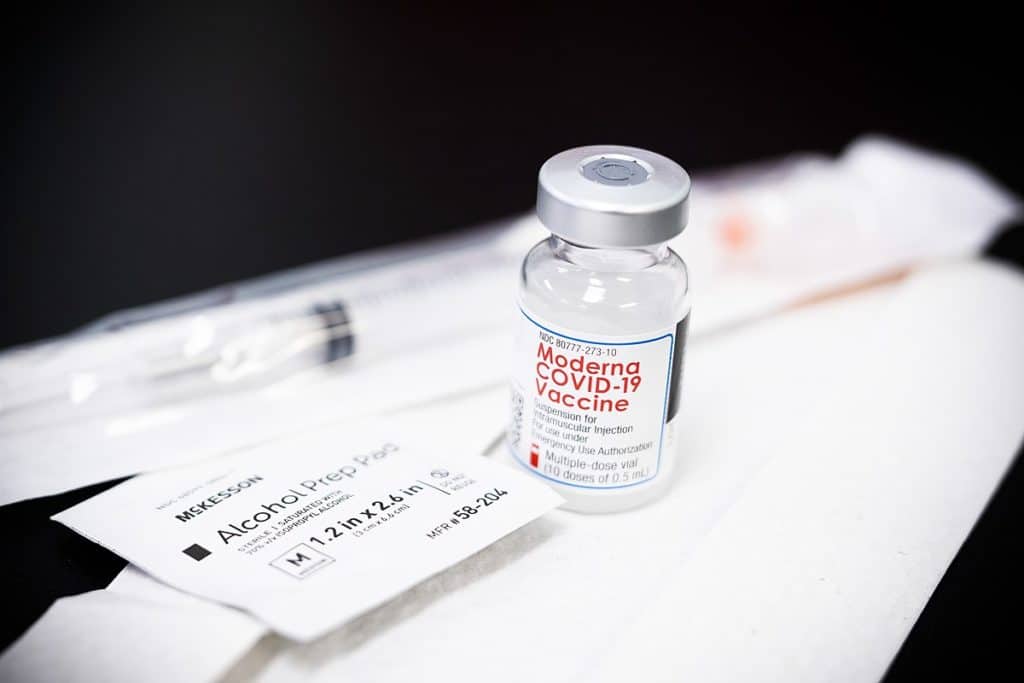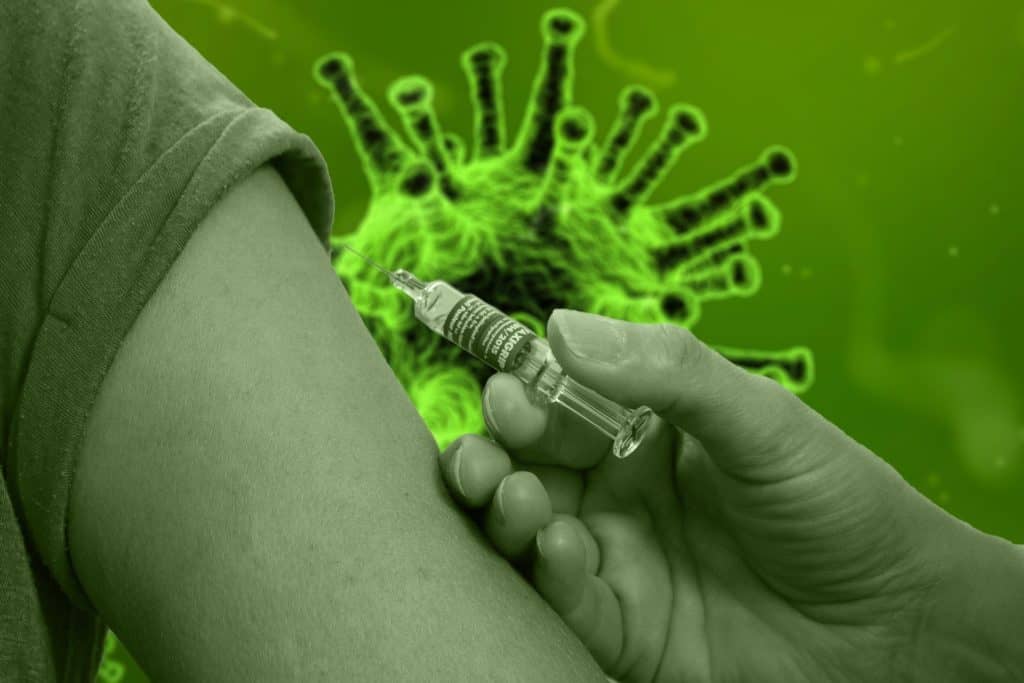Vaccination for children below 18 years against COVID-19 has become a vexed issue in India after some experts expressed the fear that the third wave is likely to affect children more. Presently, the United States, Canada and the European Union, have begun vaccinating children, with priority for children with comorbidities.
However, most other countries, including India, continue to prioritise vaccinating the 45+ age group, particularly senior citizens, who are the most vulnerable to developing severe infection requiring hospitalization.
The result of the fourth round of national serosurvey that was conducted in 70 districts in June-July revealed that 67.6% people have antibodies against the virus. In the 6-9 year age group, it was 57.2% and among 10-17 year-olds, it was 61.6%. It was 66.7% in the 18-44 age group and 77.6% among the 45-60 group.
The third national sero survey concluded in January also indicated that while children were as susceptible to infection as adults, a majority of them remain either asymptomatic or develop mild disease. Experts thus feel vaccination for children need not be rushed.
While in India no specific data is available on hospitalization among children who contracted the disease, a report from the American Academy of Paediatrics, which used available data from 23 states and New York City, said that children accounted for about 2.2 per cent of total hospitalizations due to COVID-19.
Children are relatively safe, for now
Some experts believe that once a substantial number of adults are vaccinated over the next few months, which itself is in doubt given the alarming drop in vaccination numbers in recent weeks, the virus could affect the younger population who are not protected by any vaccine. Others argue that there is no evidence and reason to believe that the future wave will affect children more.
Read more: COVID vaccination: Expert agrees with ‘First dose fast’ policy
The Indian Academy of Pediatrics (IAP) says that children have been relatively less affected so far due to several factors— the most important reason is the lesser expression of specific receptors to which this virus binds to enter the host and also breakthrough their immune system. Only a very small percentage of infected children, it says, may develop moderate to severe disease.
But a massive increase in the overall numbers of infected individuals, experts say, may also result in a larger number of infected children. Which means more children showing moderate to severe symptoms, in absolute numbers.
Discussions on vaccination for children, that is for those below 18 age group, is on no one’s radar right now, even though many states like Karnataka are holding physical school final and pre-university exams with all due health precautions. The priority in these states has been to vaccinate teachers and other staff of schools and exam centres, even though in Karnataka some COVID-positive students took the exam at COVID Care Centres.
State health departments say the decision on vaccination for children will be based on expert opinion. And expert opinion seems mostly in favour of vaccinating adults first and considering the younger age group only after that.
“All decisions about vaccination should be guided by science, not emotion,” says Dr Rakesh Aggarwal, Director, JIPMER, Pondicherry. “The vaccine should be given first to those who are at a higher risk of severe disease and death. In children and even young adults, disease severity and mortality are low. Hence, the vaccine should not be given to children, and the elderly and older adults should be prioritised”.
Agrees Dr Piyush Gupta, president IAP. “Almost 90% of infections in children are mild/asymptomatic; therefore, the incidence of severe disease is not high in children”.
Which are the vaccines for kids?
And as states consider reopening of schools in August-September, some experts have said they should consider opening primary schools first, citing examples like Scandinavia and Switzerland where primary schools remained open throughout the pandemic.

Representational image by Governor Tom Wolf/CC BY 2.0
On the vaccine front, till very recently, Pfizer was the only COVID-19 vaccine available for ages 12 and up. However, late last week the European drug regulator, European Medicines Agency approved the Moderna shot for the 12-17 age group, though the vaccine is still awaiting approval for use in the below 18 group in the United States. China has approved emergency use of Sinovac shots for children as young as 3. France, Austria and Japan, have begun vaccination for children aged 12 and above, while Germany is prioritising children who are vulnerable to developing severe disease due to other associated illnesses.
However, according to the World Health Organisation, countries with surplus vaccines, instead of vaccinating their children, should share the vaccines with poorer countries, where adults don’t have access to vaccines.
Read more: How to organise a COVID vaccination drive in your apartment
Many vaccine companies and developers are currently doing studies in children, starting with 12-18 year olds and then progressively on younger age groups. The strategic advisory group of experts (SAGE) on immunization that develops vaccination policy for WHO, will look at this data and make recommendations on how the vaccine should be used in children.
Ongoing trials on below-18 age group
India started trials from mid-May on the below 18 age group with Bharat Biotech’s Covaxin and Zydus Cadila’s DNA vaccine, ZyCoV-D. The trials for Covaxin are conducted by segregating children into different age categories, with 175 children in each category. The interim report of these trials, which is expected by the end of August, will indicate how safe the vaccine is for children.
Ahmedabad-based pharmaceutical major Zydus Cadila has concluded its trial for the 12-18 age group and the vaccine may be available for this age group around September, if given emergency use authorization by the regulators. AIIMS director Dr Randeep Guleria has also indicated that vaccination for children is likely to start by September, following which the schools can be reopened in a graded manner. But most expert opinion is against any hasty decision on the issue.
“I strongly feel that adding 40 crore children to the existing vaccination programme will derail it,” says Dr N K Arora, who heads the Centre’s COVID-19 working group. “I feel the country would be in a better position to take this crucial decision only by the last quarter of the year. In India, during the first and second wave, 2-3% COVID-19 patients were younger than 10 years and of all the deaths reported, only 0.3% were in this age group. Most countries began vaccinating their children only after having vaccinated 60-70% of their adult population”.
A decision on vaccinating children is of vital importance however, considering that schools cannot remain closed indefinitely. Many countries have reopened schools without vaccinating children.
In India, many doctors say it is more necessary to vaccinate school staff first. “When we open schools, the disease is not going to affect the children that much, but the children could carry the infection from school to home and vice-versa,” said Dr Arora. “If the adults are vaccinated, infection rates will drop, and schools can be reopened safely by following preventive public health measures”.
